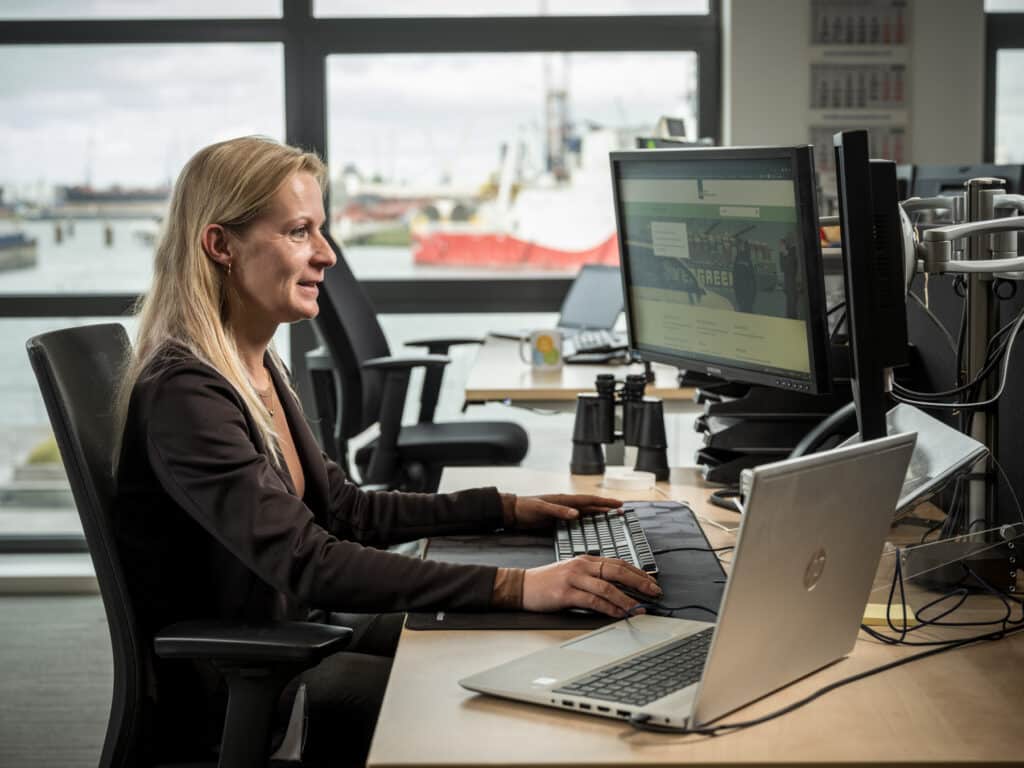- Control on the incoming, outgoing and transiting goods
Goods transported within the EU are on a basic free of any customs clearances. However, when entering or departing the union, the import or export documents must be declared at customs. This is one of the customs office main functions, the controlling role of checking all that comes in and goes out of the union. Once checked and approved, the goods are able to move freely within the Union until they are moving past the borders of the EU again.
- Charging and collecting Value Added Tax (VAT)
When passing the Unions’ borders, the customs office makes sure that VAT and import tariffs are either charged or collected. The amount of import tariffs you will have to pay depends on the customs value. The customs value consist of:
- The transaction value of the goods
- Taxes and tariffs that increase cost prices, excluding VAT
- The additional costs, VAT
- Stop function
The third function customs offices have, is to check and if needed block whatever goods come into the union. When declaring goods to customs, you will need to provide documentation that includes HS codes (Harmonised System codes). These codes specify, amongst other things, what products you are entering into the Union, the materials they exist of and more. In case there is a potential risk of illegal goods entering the union such as drugs, (wild) animals or harmful feed or plant or any other products found to be not legal to be entering, or sold by the European Union and its Member States. To filter and stop illegal goods from entering the Union, customs offices carry out random checks once goods are about to enter. These efforts filter about 1% of all illegal streams. The 1% displays how hard it is to stop these crimes from happening, and the challenges faced by customs authorities every day.





